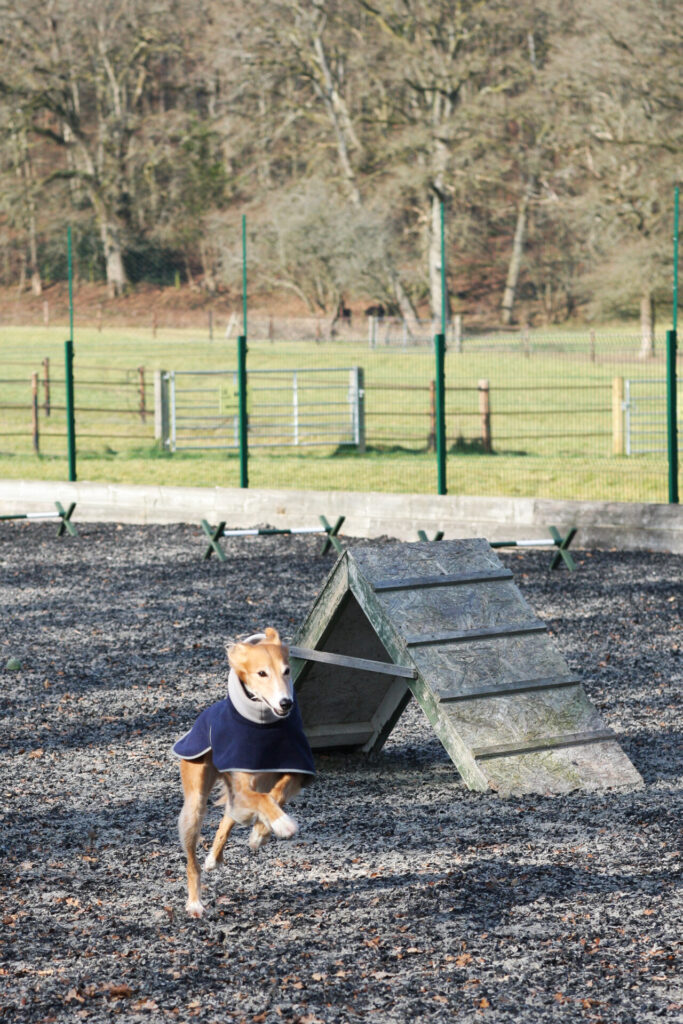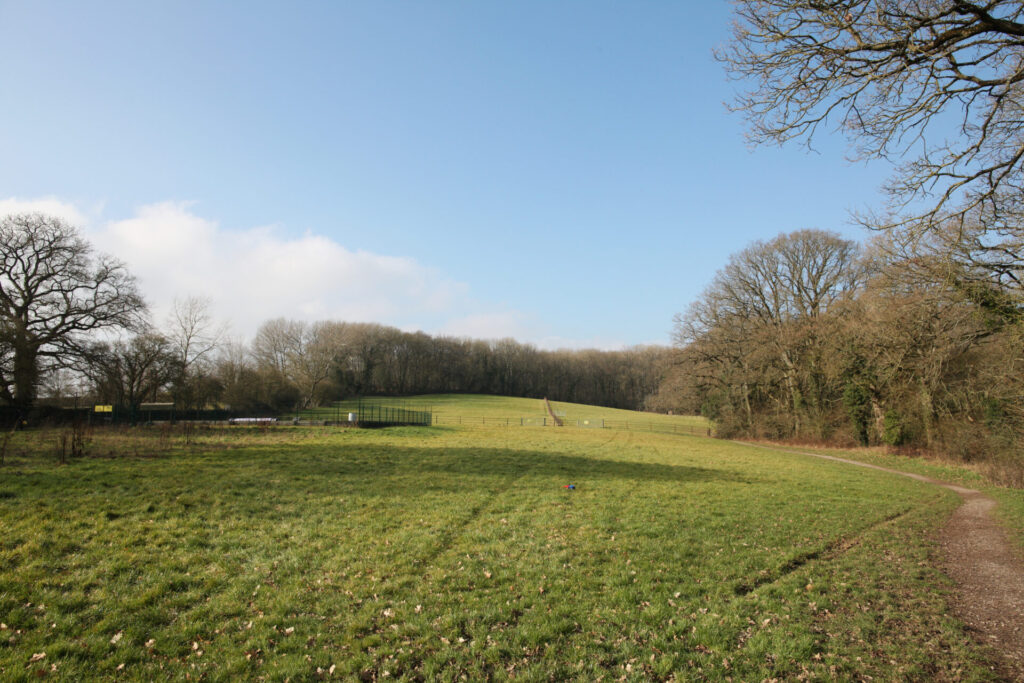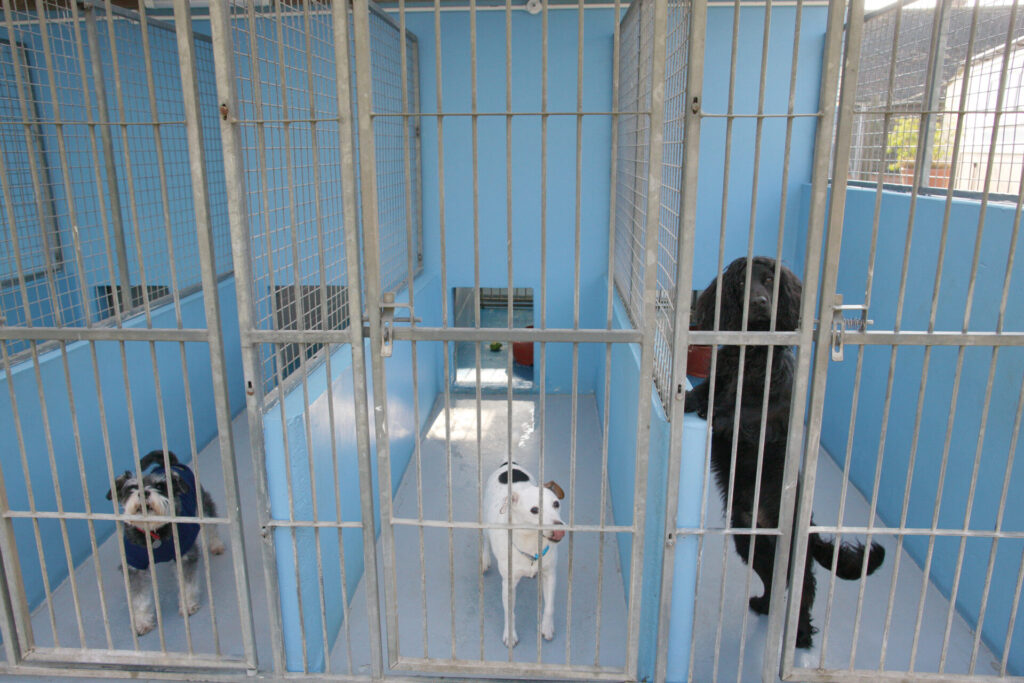It may be 10,000 years old, but Toby Hoad believes the ancient skill of horse logging is vital in shaping and saving our woodlands. Tracie Beardsley reports

All images: Courtenay Hitchcock
He’s been up since 4.30am on ‘daddy duties’ for his five and seven year-olds. He’s cooked a full English, got his two horses into a truck, driven 20 miles and is now about to walk more than four miles with the horses, each of which can pull up to one and a half times their body weight.
This is the world of Toby Hoad, one of only 12 full-time horse loggers in the country.
As we sit chatting on a pile of logs, looking out on an idyllic ancient woodland with the soundtrack of horses munching hay (no full English for them!) and the tintinnabulation of harnesses, I can see why Toby gets so much job satisfaction.
‘Aside from the travelling’ – he covers Dorset and all the surrounding counties – ’there’s no negatives to what I do,’ he says. ‘It’s physically hard but that’s invigorating. My workforce are the best employees – they never want a pay rise nor demand a pension!’
He’s talking about his three sturdy Comtois – Ettie, Celine and Fleur – French mountain draft horses known for their steady and sociable natures. Their powerful bodies with short, strong legs are perfect for forestry work and, in their native land, ploughing vineyards.
Toby explains: ‘Their stature allows them to work on steep slopes so they can get to where machinery can’t. Comtois are such all-rounders – hard-working as well as hardy. They don’t even need shoes as their feet are tough. Most of the time they have a lovely nature too. I’ll admit that Ettie, the lead mare, can get grumpy, but we all have bad days!’
Toby started Dorset Horse Logging 14 years ago, after exploring many other occupations: sail making, sheep shearing, dry stone walling, green woodworking, making charcoal … ‘I didn’t know what I wanted to do so I never felt pigeon-holed. I just tried lots of different things. I love learning. The only thing I was sure of was that I wanted to work outdoors.’

Sensitive work
Toby tried an experience day with a horse logger and that was it. ‘The moment I started working with his horse, I knew I’d found my direction.’
With a mix of modern machinery – chainsaws, a hydraulic forwarder to stack the timber, a mobile sawmill – combined with his eight legs of horsepower, Toby offers complete project management: felling trees, stacking logs, sawing them and selling them on or using them again in the woodland.
At his present job, the logs are being reincarnated into a bird hide on the estate.
The National Trust employs Toby every summer on heathland for bracken rolling. His horses pull a roller with L-shaped bars which bruise the invasive bracken. The crushed plants then must put energy into recovering rather than growing, so their spread diminishes each year.

Without the use of any chemicals, grass will eventually take over and the Trust will be able to graze native cattle back on the heathland.
‘The beauty of using agile horses is I can work on sites of architectural interest which forbid machinery, and in sensitive areas to protect fauna and flora, as there’s less impact.’
He shows me the faint track which is the only trace that has been left by his horses.
‘With its low-impact approach, horse logging definitely has an important role to play in our natural future.’
It’s time to harness up again – he needs to be out of the woods before the nesting birds settle later this month.
His employees are getting twitchy too, though with a few voice commands Ettie and Celine are ready for work again. ‘They’re like me!’ Toby says. ‘If I don’t work for a few weeks, I get restless. I just want to get back into the woods with my horses.’
DorsetHorseLogging.co.uk
You can see Toby and his horses in action at the Turnpike Showground, Motcombe, in the
Spring Countryside Show on 22nd and 23rd April.


Quick fire questions:
A-list dinner party guests?
My Grandad, another Toby. He loved woodlands and was a carpenter before being drawn into the family shoe shop business. He’d be interested in what I do now.
Billy Connelly – how could you not have fun if he’s around?
Xavier Rudd – I love his music so he can entertain us.
And my wife, Janine. With young kids we don’t get much chance to party.
Books by your bedside?
I’ve a pile of 20 or so, on topics ranging from spoon carving and timber frame building to smallholdings… I open a page then fall asleep!























